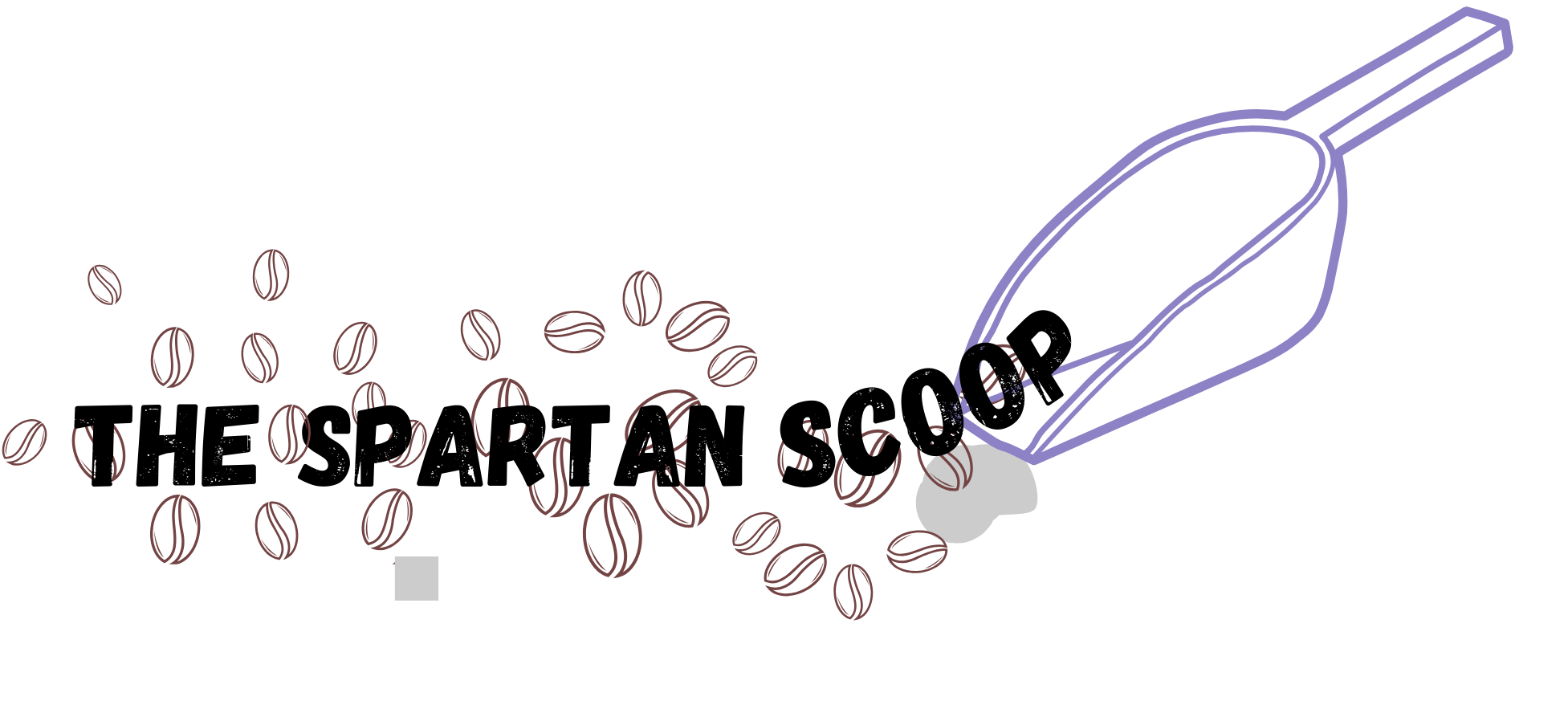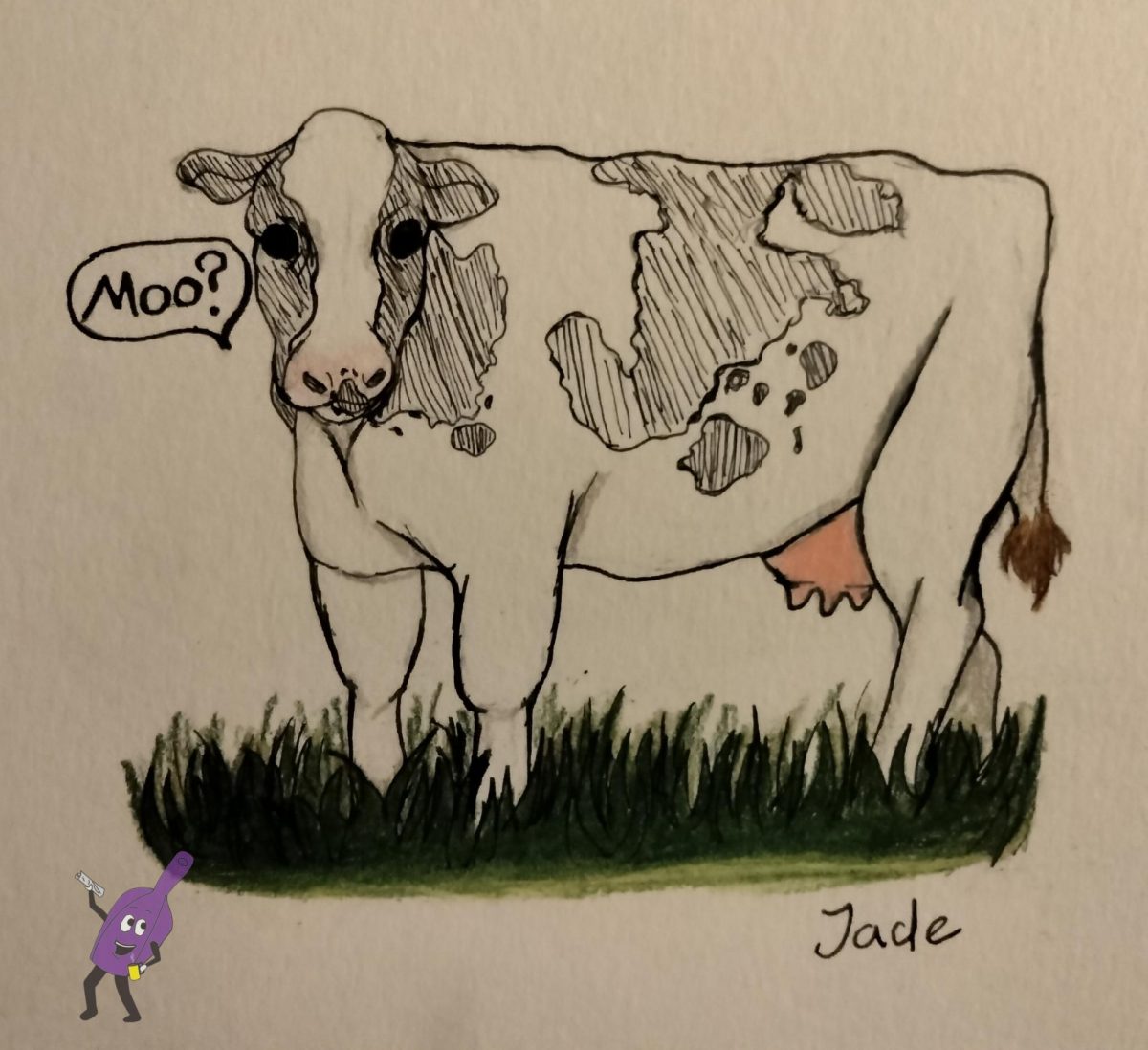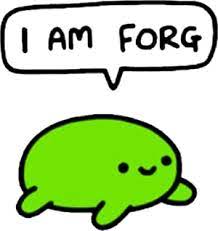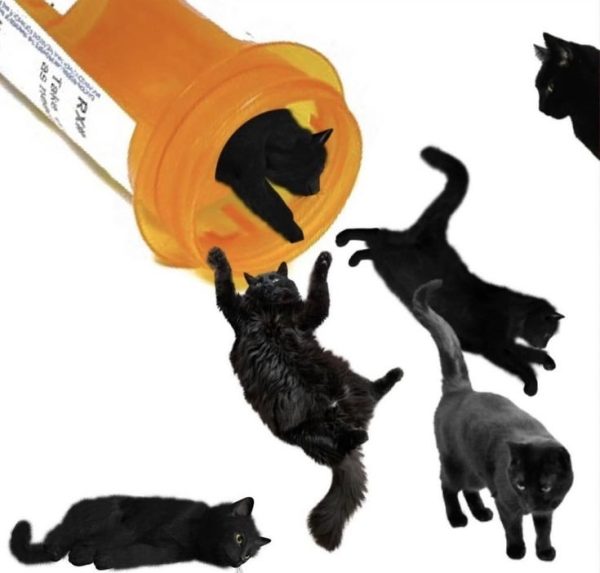Looking into the future is often seen as scary and hopeless; however, what we fail to see are all of the possibilities and projects currently being worked on. Scientists have been working on modifying the process of protein synthesis in order to create sustainable food for the future.
Tony Seba in his video “The great transformation- The disruption of food and agriculture” illustrates the way we are heading into an unknown future with the options of either utilizing our growing knowledge in order to accept and build from the inevitable food disruption or dissolving into entropy. He supports this with not only his personal research, but also statistics from history and research papers done by scientists in different fields.
He speaks on the transformation in order to point out the problems in our current system and the possibilities we have for fixing them and the greater issues they lead to. While the agriculture system is by no means our only source of carbon emissions, gravitating towards net negative or zero emission farming could help to bring down other emissions as well.
The food disruption is the way in which we will have to change our eating and agriculture habits in order to maintain a working civilization. We can do this in various ways but the biggest of these is controlled protein synthesis. In nature, proteins are created in a cell by amino acids and now, scientists are able to use these amino acids to artificially build proteins. They have various methods, one of which is peptide ligation. The resulting proteins can be used to create meats, vegetables, or animal produced goods.
Peptide Ligation
Peptide ligation is a process that utilizes physical proximity as well as chemical reactions to bond peptides together. It causes a reaction that transfers the acyl and results in a new peptide which is used to build the protein. The diagram below is used to highlight this process.
The reaction increases in complexity as you add variables such as sulfur and selenium which would be used to change the desired protein output. As of today, it is commonly used for medical purposes but the industry for chemically synthesized food is rapidly growing and is projected to expand more before 2030.
Scientists are now able to determine the structure of proteins and predict how they will fold with new technology. This is a recent development which increases our knowledge of proteins and helped lead to these possibilities. With this, they can design the protein structures they are seeking for different results and experimentation.
Oftentimes people fear the change that these proteins provide.
For our entire existence we have structured our lives on gathering the food around us and hunting however, with the growing population and demand this is simply not sustainable. For example, cows currently take up 40% of all land in the U.S. which is not only a massive use of space that could provide housing or forest rehabilitation but also a large producer of carbon.
Since 1990 we have used 420 million hectares of land for agriculture and livestock which emits 14.5% of our greenhouse gas emissions and we end up wasting 1.3 billion tons of food per year out of the 4 billion we produce. That’s enough food to feed 10 billion people.
Seba mentions in his speech the growing possibility of milk production being moved to factories where they will be able to create the proteins in milk, process them, and take a tiny fraction of the land to do it. This solution could significantly decrease the need for cows as soon as 2035.
Most of the time when people think of cows they involve negative connotations but, the main problem with cattle is not their biology but in overexploitation of them as a resource faster than they can be replenished or resource depletion. Using too much of a resource almost always leads to dependency and collapse.
The fact is we have based our culture and our economy on the industry around cows. We have farmers with cows as their main source of revenue, butchers, milk companies, and many other people who depend on cows to make a living. It makes sense that they wouldn’t want to change that. So no, cows are most likely not going to go extinct. The goal is not to eradicate them but the dependence on them. We have the technology to reclaim 40% of the U.S from cow pastures and feed fields. The only problem is adoption.
New ideas are usually adopted on an S-shaped curve as public interest grows exponentially. The only problem with this specific situation is that human nature is resistant to change. People have adapted for hundreds of years but when we are assessed as individuals and not as a whole people prefer to keep their lives constant and comfortable.
Gathering support for these innovations is a challenge that journalists, scientists, and individuals are currently working towards and will continue to promote in the coming years. It’s common to hear people say that synthetic proteins are “bad” for you or “aren’t natural” However, they are simply new ways to develop and use proteins that already exist in a way that is less detrimental to the environment.
The changes happening in our world are unavoidable no matter the pushback from individuals; however, we have a choice in which path we take from here. Humanity has withstood numerous trials and tribulations. We have survived famine, drought, and war, now it’s our time to face the shock of climate change and to overcome that as well.
We have new options and research coming into our lives every day and will continue to see it improving and advancing. There are facilities being constructed right now with the intent of replacing a form of organic protein through manufacturing (such as the factory in Canada). Nothing is out of our reach and nothing is too difficult to overcome with enough effort and public support.




